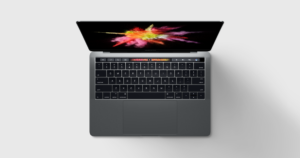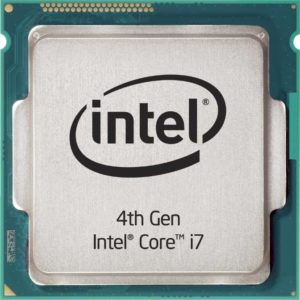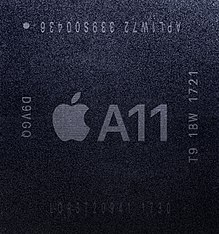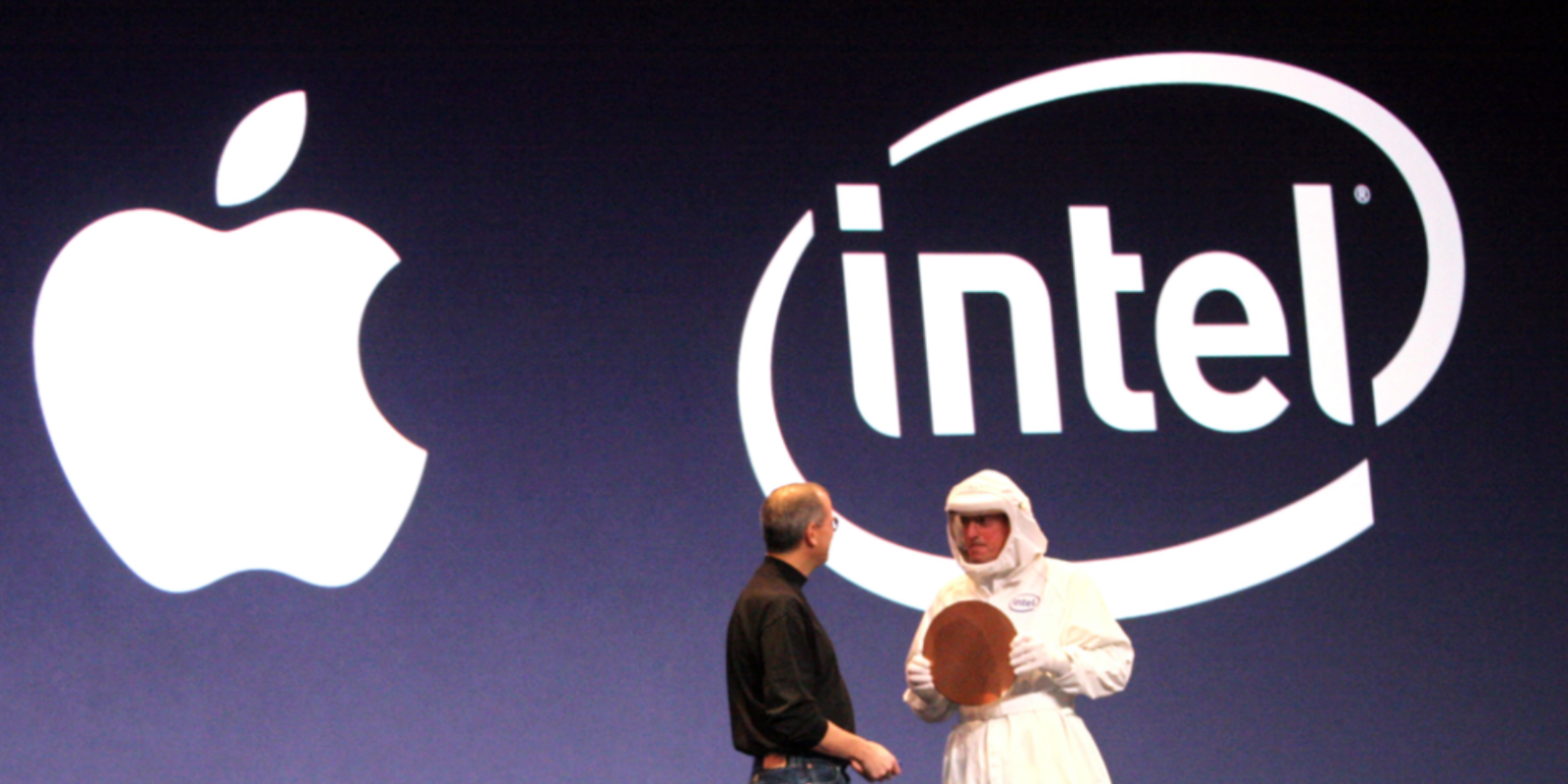
With recent news that Apple could be switching it’s processors away from Intel, media reports have been swirling about a future mobile world where Mac OS is nothing but a shell of it’s former self. And while I can certainly appreciate the concern as a pro Mac user myself, I’m not going to jump on the “Mac is doomed” bandwagon quite yet. “Why,” you may ask? Because there are way too many scenarios that this “potential” transition could go.
Before we go down the alley of potentiality, let’s take a step back and talk about what we know. The backstory is that Ian King and Mark Gurman from Bloomberg Technology broke a potentially (there is that word again) credible story about the shift Apple may take away from Intel processors. Further, Apple would use its own chips in place of Intel’s, thus reducing the hold that Intel (probably) has on Mac development. While I can certainly see Apple pulling such a ginormous feat, let’s remember a few things.

First, x86 (the Intel architecture) isn’t an exclusive property of Intel. AMD, for example, is one such company who competes in the same technical space as Intel. So does the Chinese firm Via Technologies, although Via is far from a true pound for pound competitor in that space. Assuming that other companies can manufacture x86, there is little to no reason to assume that Apple cannot enter that space as well. However, I would take odds that Apple is not getting into the fabrication business.
Second, ARM is becoming a serious competitor in the marketplace. Since 2007, ARM has become the de facto standard in mobile devices for numerous reasons including its small die, low power consumption, and general affordability. Apple has been using in-home developed ARM based CPU’s in their post-PC devices including the iPhone and iPad, both of which have a powerful system-on-a-chip (SOC) that is considered best-in-class. Metal, Apple’s graphical framework for mobile GPU’s is bringing console-class performance to mobile. The only problem is that ARM is certainly not capable of handling anything “pro” related.
Third, and most importantly, nobody has a bank account quite as big as Apple’s. If Apple wants to throw billions of dollars at a problem, they certainly can. In 2008, the company acquired P.A. Semiconductor, a manufacturer of PowerPC chips in pre-Intel Macs, to help develop their mobile platform. In 2011, the company acquired even more when they purchased over 200 patents from Freescale Semiconductor, formerly Motorola who also manufactured PowerPC chips. And who knows what else Apple could buy. Maybe Via Technologies?

I’m not saying that Apple is going to buy Via Technologies, but we can make a few assumptions about things. Obviously, Apple is capable of developing processors. We know this because of the iPhone and the iPad. The issue for Apple is scalability in manufacturing. Apple doesn’t build their own CPU’s, it’s done by fabricators like Samsung. Apple has the money to contract out to fabricators and Apple has a CEO, Tim Cook, who is more than skilled in supply chain. If you add up Cook, fabricators (maybe Via Technologies), and Apple’s more than capable design team, then you get a resounding answer of yes, it is possible Apple could design their own CPU’s, cutting Intel out of the picture, while possibly meeting the specs and technical desires that Apple needs to produce great Mac systems.
Remember, all of this is speculation and rumor. And while Apple hasn’t publicly commented, it would not surprise me at all if Apple is trying to control the process. It is in Apple’s best interest to develop the best machines they can and if Intel isn’t cutting it, it’s time to jump ship. But I also know that Apple would only make the move if they have a viable product that won’t cut corners. Apple commands a premium for a reason, after all. However, if Apple is to make their own CPU’s, this, in my opinion, is the most likely scenario. I guess we will know for sure in two years (assuming Gurman is correct).
![[Seeq].TV](https://seeq.tv/wp-content/uploads/2018/05/SEEQ-red-black-copy-3.jpg)



